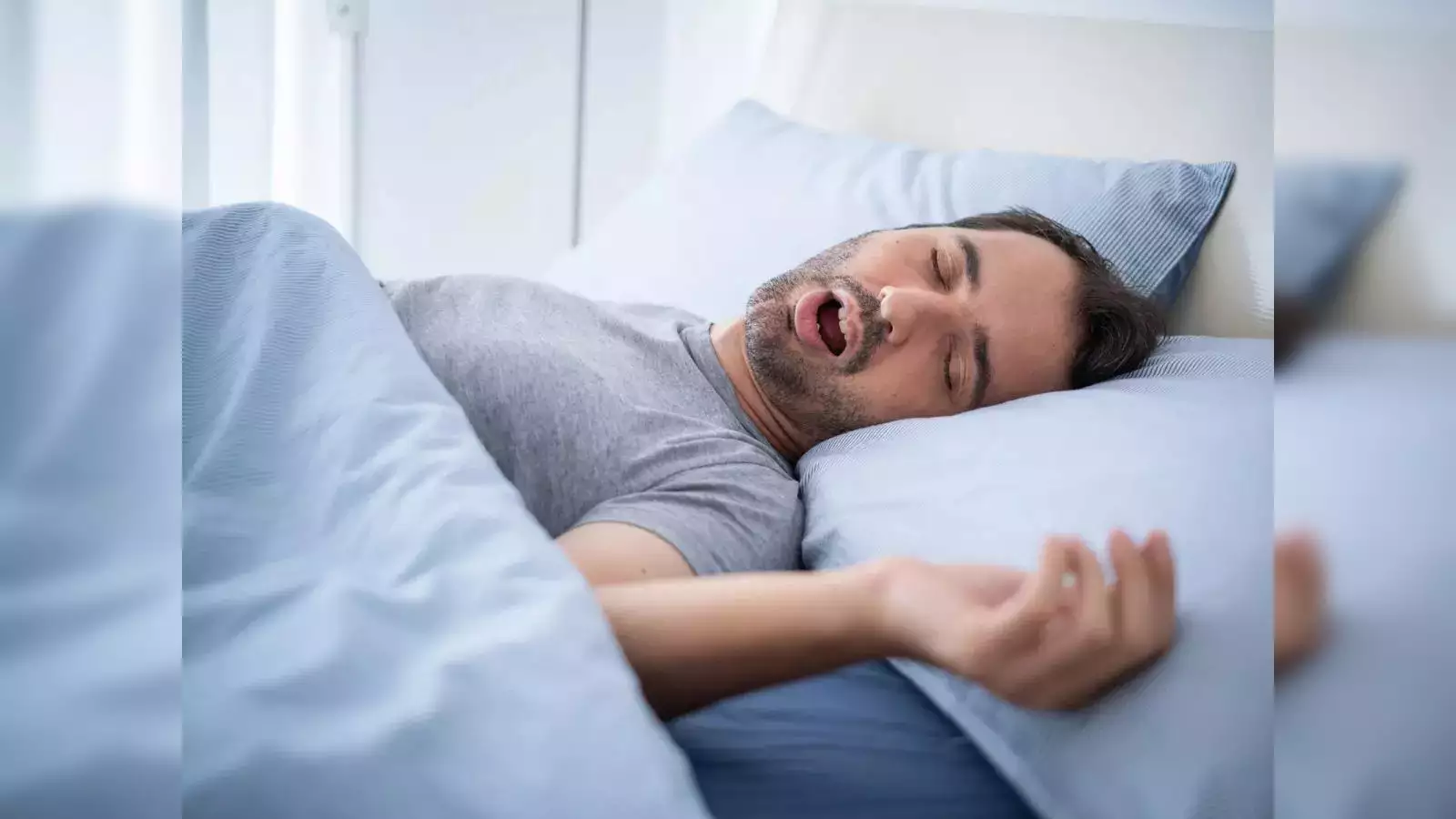
Have you ever experienced days where you wake up feeling more tired than when you went to bed? Or perhaps you find yourself nodding off during meetings or struggling to stay awake while watching your favorite TV show? If this sounds all too familiar, you might be one of the millions of people affected by a condition known as sleep apnea.
In this comprehensive guide, we'll delve into the world of sleep apnea and uncover how it could be silently robbing you of your vital energy. But fear not, we'll also explore ways to combat this sleep thief and regain the restful nights you deserve.
- What Is Sleep Apnea?
Sleep apnea is a sleep disorder characterized by pauses in breathing during sleep. These pauses can last from a few seconds to minutes and may occur multiple times per hour. The most common form of sleep apnea is obstructive sleep apnea (OSA), where the upper airway becomes partially or completely blocked during sleep, leading to breathing difficulties.
- Types of Sleep Apnea
There are three main types of sleep apnea:
- Obstructive Sleep Apnea (OSA)
- Central Sleep Apnea (CSA)
- Complex Sleep Apnea Syndrome (Treatment-Emergent Central Sleep Apnea)
- The Silent Thief: How Sleep Apnea Affects Your Vital Energy
Sleep apnea disrupts the normal sleep cycle, preventing you from reaching the deep, restorative stages of sleep. As a result, you wake up feeling fatigued and unrefreshed, even after a full night's sleep. This chronic sleep deprivation can have a profound impact on your daily life.
- Signs and Symptoms of Sleep Apnea
- Loud snoring
- Pauses in breathing during sleep
- Gasping or choking during sleep
- Excessive daytime sleepiness
- Morning headaches
- Difficulty concentrating
- Irritability
- Mood swings
- The Domino Effect: Health Consequences of Untreated Sleep Apnea
It is estimated that untreated sleep apnea takes an average of 12 or more years off your life, which is more than smoking cigarettes! Untreated sleep apnea can lead to a range of health issues, including:
- High blood pressure
- Heart disease
- Stroke
- Type 2 diabetes
- Weight gain
- Depression
- Increased risk of accidents
- Diagnosis: How Do You Know If You Have Sleep Apnea?
If you suspect you have sleep apnea, it's essential to seek a proper diagnosis. Your healthcare provider may recommend a sleep study, which can be conducted in a sleep clinic or even in the comfort of your own home using portable monitoring devices.
- Treatment Options: Reclaiming Your Vital Energy
Fortunately, several effective treatments are available for sleep apnea. These include:
- Continuous Positive Airway Pressure (CPAP) therapy
- Bi-level Positive Airway Pressure (BiPAP) therapy
- Oral appliances
- Laser therapy (Nightlase)
- Lifestyle modifications
- Lifestyle Changes for Managing Sleep Apnea
In addition to medical treatments, certain lifestyle changes can help manage sleep apnea. These include:
- Weight management
- Positional therapy
- Avoiding alcohol and sedatives
- Regular exercise
- Smoking cessation
- The Importance of a Good Night's Sleep
Quality sleep is essential for overall health and well-being. By addressing sleep apnea and improving your sleep quality, you can regain your vital energy, improve your mood, and enhance your overall quality of life.
- Conclusion
Don't let sleep apnea continue to steal your vital energy. Seek help, get diagnosed, and explore treatment options. With the right approach, you can reclaim restful nights and wake up ready to conquer each day.
Frequently Asked Questions
Q1: Can sleep apnea be cured?
A1: While some lifestyle changes and treatments can effectively manage sleep apnea, it may not always be cured. However, symptoms can be significantly improved.
Q2: Is snoring always a sign of sleep apnea?
A2: Not necessarily. Snoring can be a symptom of sleep apnea, but not everyone who snores has the condition and not everyone with sleep apnea snores.
Q3: What is a CPAP machine, and how does it work?
A3: A CPAP (Continuous Positive Airway Pressure) machine is a device that delivers a constant flow of air pressure through a mask to keep your airway open during sleep.
Q4: Are there any natural remedies for sleep apnea?
A4: Some natural remedies, such as positional therapy and weight management, can complement other treatments for sleep apnea.
Q5: Can children have sleep apnea?
A5: Yes, sleep apnea can affect people of all ages, including children. Pediatric sleep apnea requires special attention and treatment.
In conclusion, understanding sleep apnea and its impact on your vital energy is the first step towards reclaiming your restful nights and improving your overall health. Don't let sleep apnea go undiagnosed or untreated—take action and prioritize your sleep.
If you think you or a loved one is suffering from sleep apnea, don't hesitate to reach out to us at Boulder Smile Design. We understand the importance of a good night's sleep and are here to help you overcome this challenge. Together, we can pave the way for restful nights, revitalized mornings, and a healthier, happier you. Don't let sleep apnea steal your vital energy—let's reclaim your nights and your life.